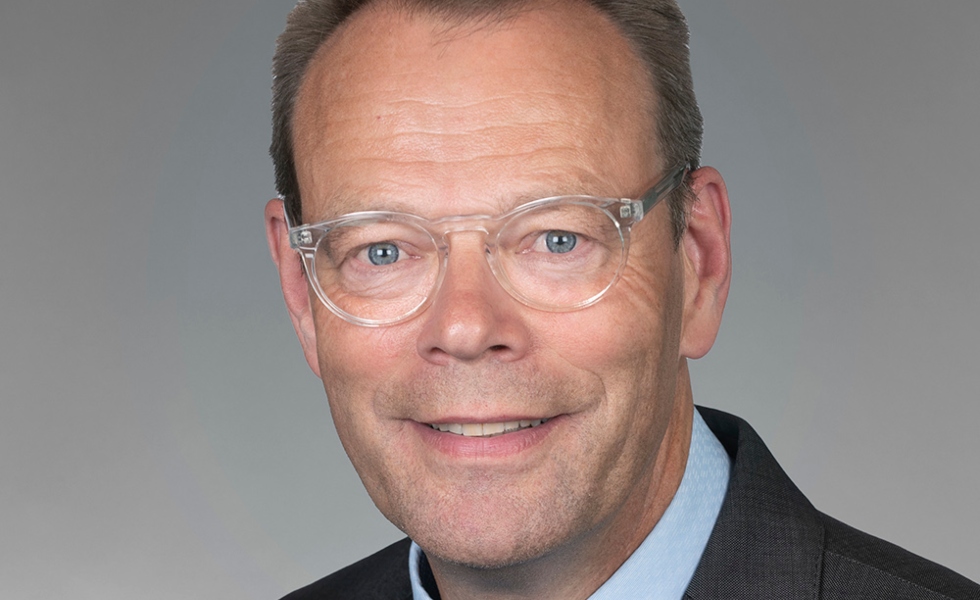Dick Kamp: The role of pension funds in the social debate in 2040
Dick Kamp: The role of pension funds in the social debate in 2040

This column was originally written in Dutch. This is an English translation.
By Dick Kamp, Director of Pension, Investment & Risk at Milliman Pension
By 2040, pension funds will be fully-fledged social financial institutions, with the duty and the means to contribute to employment and prosperity for current and future participants.
The prudent person principle remains fully applicable to investment policy. There will be no change in this regard. After all, this rule is based on European regulations and is enshrined in Dutch law in Section 135 of the Pensions Act (PW) and Section 130 of the Compulsory Occupational Pension Schemes Act (Wvb). Further details can be found in Articles 13 and 13a of the Financial Assessment Framework for Pension Funds Decree (Besluit FTK).
Pension funds will play a role in the social debate
It is the role of the government to consider and formulate policy on the structure of society. The Netherlands is undergoing major changes in order to be ready for the challenges of the moment. Think of the energy transition, the rise of AI, the (geopolitical) decoupling of various parts of both China and the United States, developments in education, healthcare and agriculture (the nitrogen problem). Think also of the Draghi report for Europe[1], which also has an impact on the Netherlands. In short, significant investment is needed in knowledge and “hardware” in order to remain prosperous and maintain a high level of well-being in the future.
Various parties are involved in the social debate on the development of “the Netherlands as a company”. These include the Social and Economic Council (SER), the Social and Cultural Planning Office (SCP) and the Central Planning Bureau (CPB).
Pension funds have a role to play in these discussions, for the following reason. For them, it is all about return on investment. We primarily think of financial returns here. However, due to their new role as social financial institutions, I believe they need to broaden their definition of return. Future prosperity and well-being should also be added to the concept. This is achieved through the creation of high-quality jobs in the future. These are jobs characterised by a combination of sustainable economic value, social relevance and personal development. In the long term, this will generate a good return because (future) participants are expected to have a good income and will be able to pay good pension contributions, which they can then invest with a good return.
Are pension funds ready for this role?
Pension funds collaborate in many areas. There is a G5 consultation forum and the Pension Federation plays an umbrella role for pension funds. We are also seeing pension funds being asked to play an investment role in Dutch society in certain areas. Examples include the construction of nuclear power plants[2] and investments in the defence industry[3].
What we perhaps see less of is a “orchestrated” initiative from the pension funds themselves to actively contribute to the development of the Netherlands as a business location. The knowledge and expertise certainly exist within individual pension funds, but the question is whether this is available in a more structured, overarching way.
Advantages of a more structured approach
There are a number of advantages to a more structured approach.
- The Netherlands needs a structural source of capital for investments, enabling long-term planning.
- Pension funds need secure returns based on predictable cash flows.
These advantages can be easily combined in a structured approach.
Other advantages include
- Pension funds can give substance to their role as social financial institutions.
- Pension funds ensure future prosperity and well-being for current and future participants.
- Participant intimacy is increased because the advantages of the pension fund, apart from reliable pension payments in the long term, also lie in the social role described above. This is all the more important because the distance between participants and pension funds can be perceived as too great as a result of consolidation.
So what should be done?
Pension funds can jointly have a seat at the drawing board of social planning consultations initiated by the Dutch government. On the one hand as financiers and, on the other hand, and just as importantly, as guardians of future prosperity and well-being for current and future participants.
The knowledge and skills required for this could be organised on a sectoral basis. Pension funds would give their commitment and mandate to the players representing them in the aforementioned planning consultations. A committee comprising the five largest pension funds, the Pension Federation and Netspar could look into this and develop a proposal, including staffing.
Conclusion
The pension sector has the potential to contribute to managing the macro risks of the Dutch economy. And at the same time, it can manage its own financial risks and those of its current and future participants. Will our pension sector take up this challenge?
This is the forty-first column in a series on risk management. The series aims to encourage readers to consider risk management as an integral part of running a pension fund.
[1] The Draghi Report, officially titled ‘A New Industrial Strategy for Europe,’ is a 2023 report prepared by former ECB President Mario Draghi. It analyses the competitive position of the European Union and makes recommendations to strengthen it.
[2] NOS: Pension fund PME wants to invest in nuclear energy, even calls on other parties to follow suit – Climategate Climate
[3] ABP invests hundreds of millions in the defence industry | ABP










